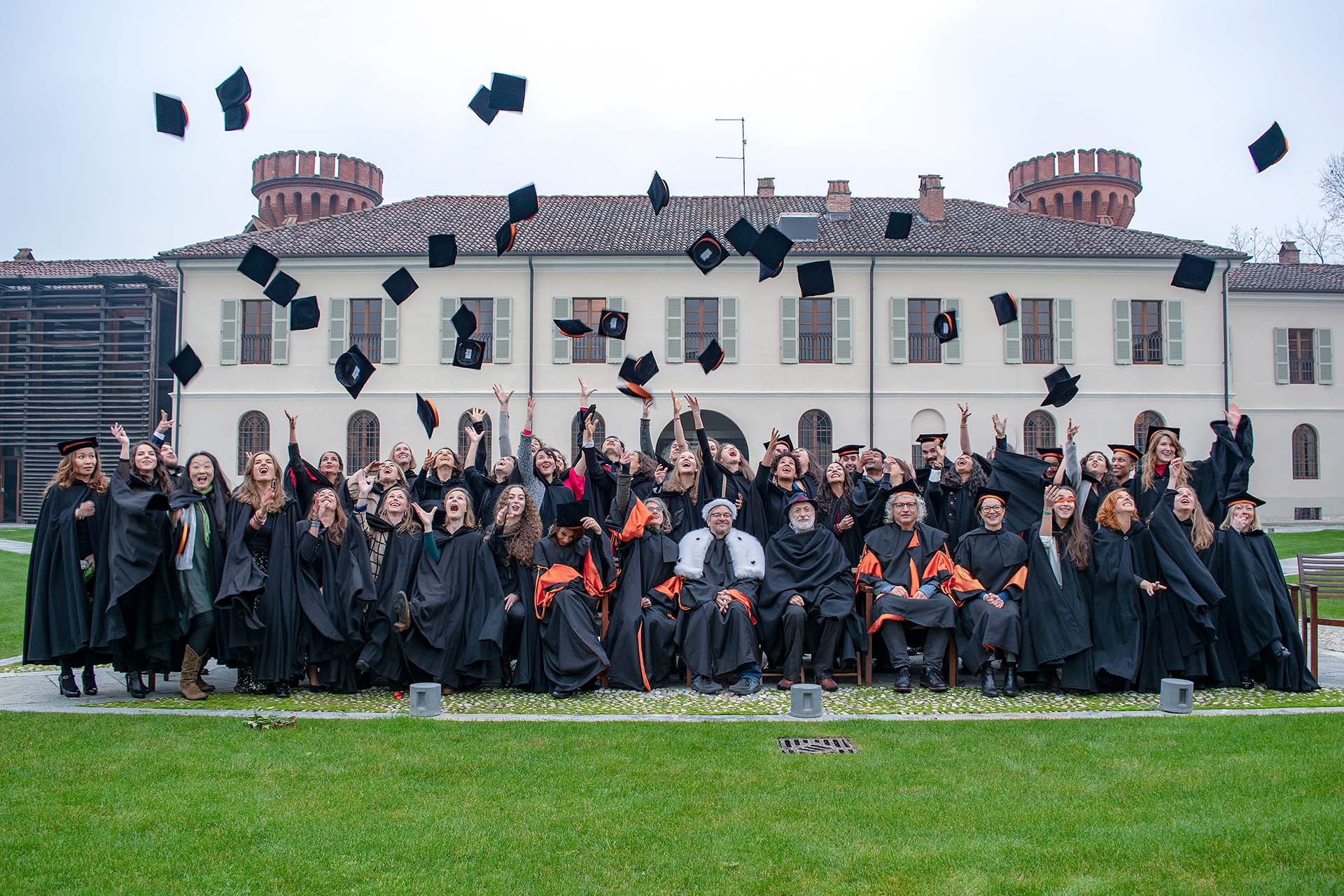Until a few years ago, gastronomy - as defined by Treccani, the Italian encyclopedia of science - was merely a matter of gourmet food and its place in our culture. Today, however, when we talk about gastronomy, our definition has expanded to include previously overlooked areas - such as sustainability. Much of this new approach we owe to an idea, conceived in the heart of the Langhe, which in 2004 gave birth to the University of Gastronomic Sciences of Pollenzo. The university has trained around 3,200 gastronomes from all over the world, helping to broaden the very definition of gastronomy.

Photo ©COURTESY OF THE SCHOOL | FINE DINING LOVERS ARTWORK
Professional Gastronomy: How Culture Transforms Work into Food
Università di Scienze Gastronomiche di Pollenzo students in the fields ©COURTESY_OF_THE_SCHOOL
Alessandro Di Tizio, from Abruzzo, attended the Triennial in Gastronomic Sciences thinking of becoming a cook: "When I entered I realised that it could give me something else, for example, a solid humanistic education. During my journey, I became passionate about craft beer, but in the end, I decided to do my thesis in ethnobotany. I have travelled the world interested in recovering and saving the traditions related to the use of wild plants. And today I arrived at the research and development centre of Mirazur, Mauro Colagreco's restaurant on the French Riviera, applying foraging to haute cuisine."
In recent years, universities offering training in the gastronomic field have multiplied in Italy and throughout the world. But does the world really still need ‘gastronomes’? "There is an urgent need for gastronomes to the extent that there is an urgency for awareness, for global and relational thinking, for interconnection," says Perullo.
“Today everyone is very well informed thanks to the network, but the idea of discovery is lacking. The market is increasingly fragmented and fast, so career prospects can change quickly." But this is not necessarily a bad thing: "There are those who come up with the idea of being a food critic and end up wanting to become a cheese refiner, those who dream of being a restaurateur and become the manager of a large company: the fundamental characteristic of contemporary gastronomy, in short, is its unpredictability, its liquidity."







